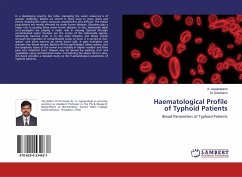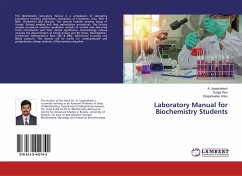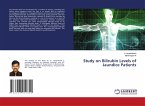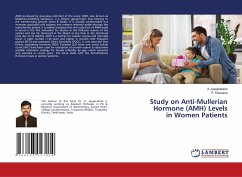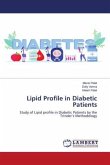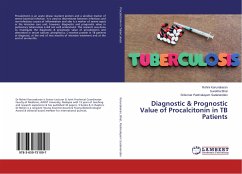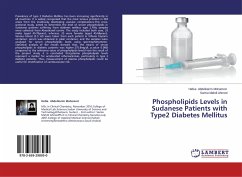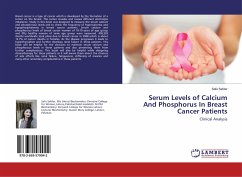In a developing country like India, managing the water resources is of greater challenge. Waters are stored in many ways in rivers, dams and ponds. Keeping the water resources unpolluted is very difficult. The Indian populations are mostly affected by water borne diseases. Microbes play a major role in causing these water borne diseases. In this, Salmonella typhi and paratyphi are playing a major role in causing Typhoid through contaminated water. Humans are the carrier of the Salmonella species. Salmonella bacteria enter in to the small intestine and blood stream through the ingestion of contaminated water or food. It is carried to liver, spleen, and bone marrow by white blood cells. It gets multiplied and reenters into blood stream. Bacteria fill the gall bladder, biliary system, and the lymphatic tissue of the bowel and multiply in higher number and then pass into intestinal tract. Disease may be spread by washing fruit and vegetables using contaminated water. Considering the above facts in view, this book provides a detailed study on the haematological parameters of Typhoid patients.

